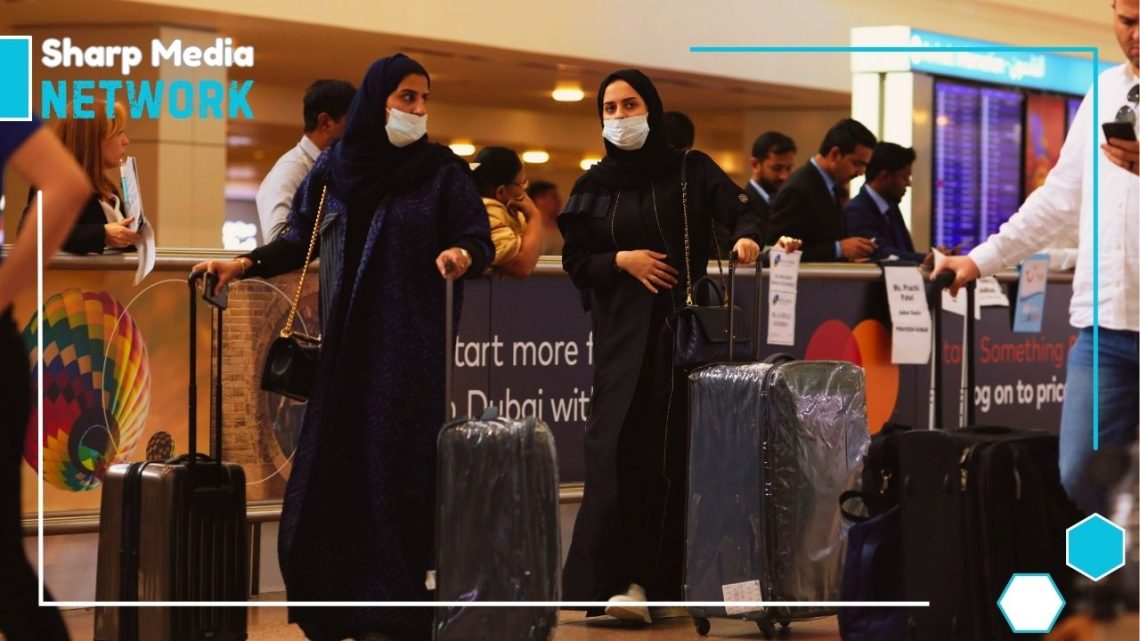
India’s Travel Ban on Muslims in IIOJK: A Clear Violation of Basic Rights
January 25, 2025India’s recent restrictions on the travel of Muslims in IIOJK have sparked global concern, as these actions not only violate fundamental freedoms but also target the region’s indigenous population, severely curtailing their rights.
Since the abrogation of Article 370 in 2019, India’s treatment of Muslims in Indian Illegally Occupied Jammu and Kashmir (IIOJK) has become a focal point of controversy. Among the most alarming of these actions is the travel ban imposed on Kashmiri Muslims, which restricts their ability to freely move across borders, particularly to Pakistan. This policy not only violates international human rights laws but also underscores the Indian government’s broader agenda to suppress the region’s autonomy and target its Muslim majority population.
In the wake of the 2019 constitutional changes, Indian law enforcement agencies confiscated the passports of individuals suspected of having links to the IIOJK freedom movement or pro-Pakistan sentiments. These individuals were barred from traveling for nearly five years, under accusations that their associations posed a threat to India’s national security. It wasn’t until after the state assembly elections that increasing public pressure led the Indian government to reconsider its stance, eventually issuing passports once again to residents of IIOJK. However, the newly issued documents carried a significant restriction: “Valid for all countries except Pakistan.”
This travel restriction, initially limited to a few passports, has since been widely applied to many Kashmiri Muslims in the region. The policy was implemented under the directives of India’s Home Minister, who argued that this move was part of a counter-terrorism strategy designed to prevent the flow of Kashmiris to Pakistan, and curb any potential for cross-border connections that might fuel insurgent activities. Yet, critics argue that these actions go far beyond security concerns and are aimed at suppressing the rights and freedoms of a population that has long fought for self-determination.
The travel ban on Kashmiri Muslims constitutes a clear infringement on their fundamental right to freedom of movement, which is enshrined in international human rights law. For years, this policy has undermined their ability to engage in global opportunities, whether for academic purposes, professional growth, or cultural exchange. Kashmiri students, in particular, have been denied the opportunity to pursue educational opportunities in Pakistan, severely limiting their academic development.
This discriminatory measure also extends to journalists and political figures from the region, who have faced restrictions on attending international conferences, award ceremonies, and other events. The government’s heavy-handed approach seems designed not just to limit movement but to stifle voices of dissent and prevent the international community from hearing about the realities on the ground in IIOJK.
These actions are part of a broader, systematic effort by India to erode the rights of Kashmiris and alter the region’s demographic balance. Since the abrogation of Article 370, India has implemented policies that make it easier for non-Kashmiri populations to settle in IIOJK, threatening the region’s Muslim-majority status. Meanwhile, local political processes are heavily influenced by policies that disenfranchise Kashmiris and limit their ability to exercise democratic rights.
The travel ban is just one manifestation of this ongoing crackdown on civil liberties. Journalists, political leaders, and civilians continue to face persecution, arrests, and harassment, all in an effort to stifle dissent and maintain control over the region. These actions undermine the very principles of democracy, leaving the residents of IIOJK marginalized and voiceless.
India’s travel restrictions on Kashmiri Muslims reflect a broader pattern of human rights violations that continue to unfold in the region. These measures not only violate international laws but also perpetuate an environment where democratic values are undermined, and the fundamental rights of a population are consistently violated.

